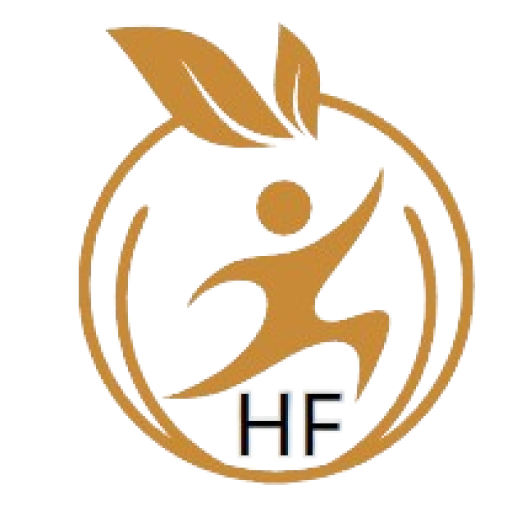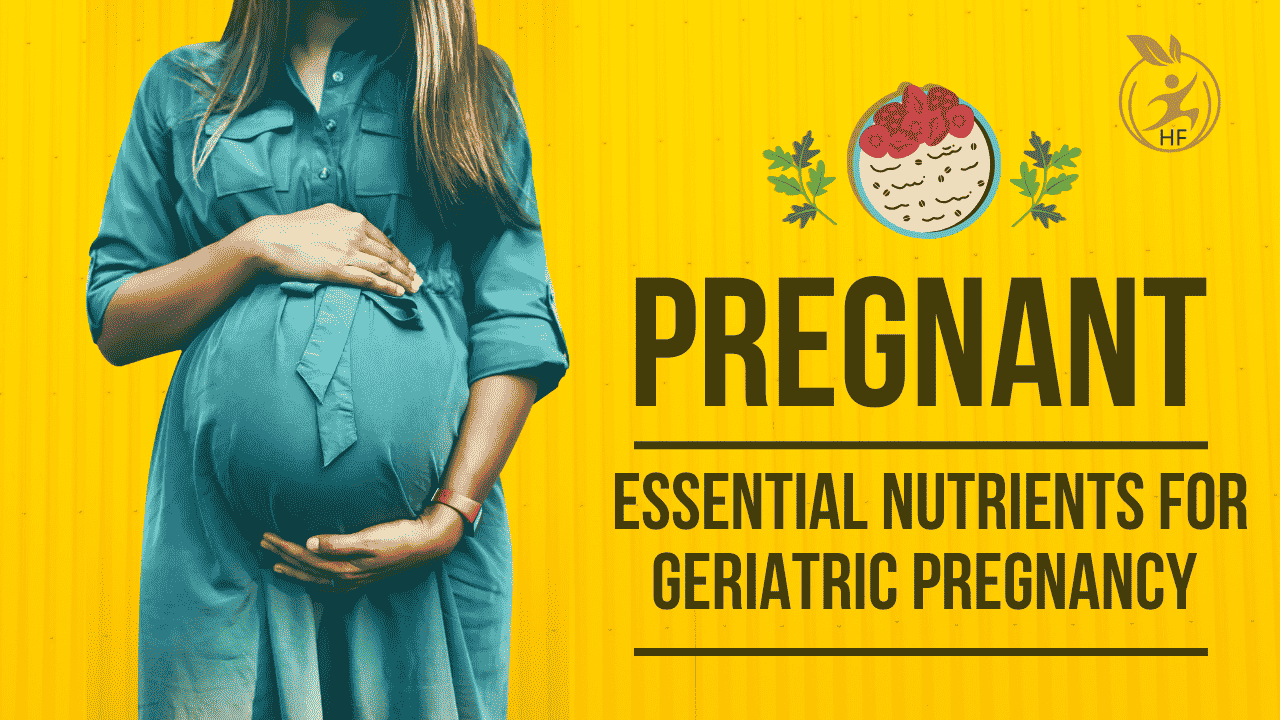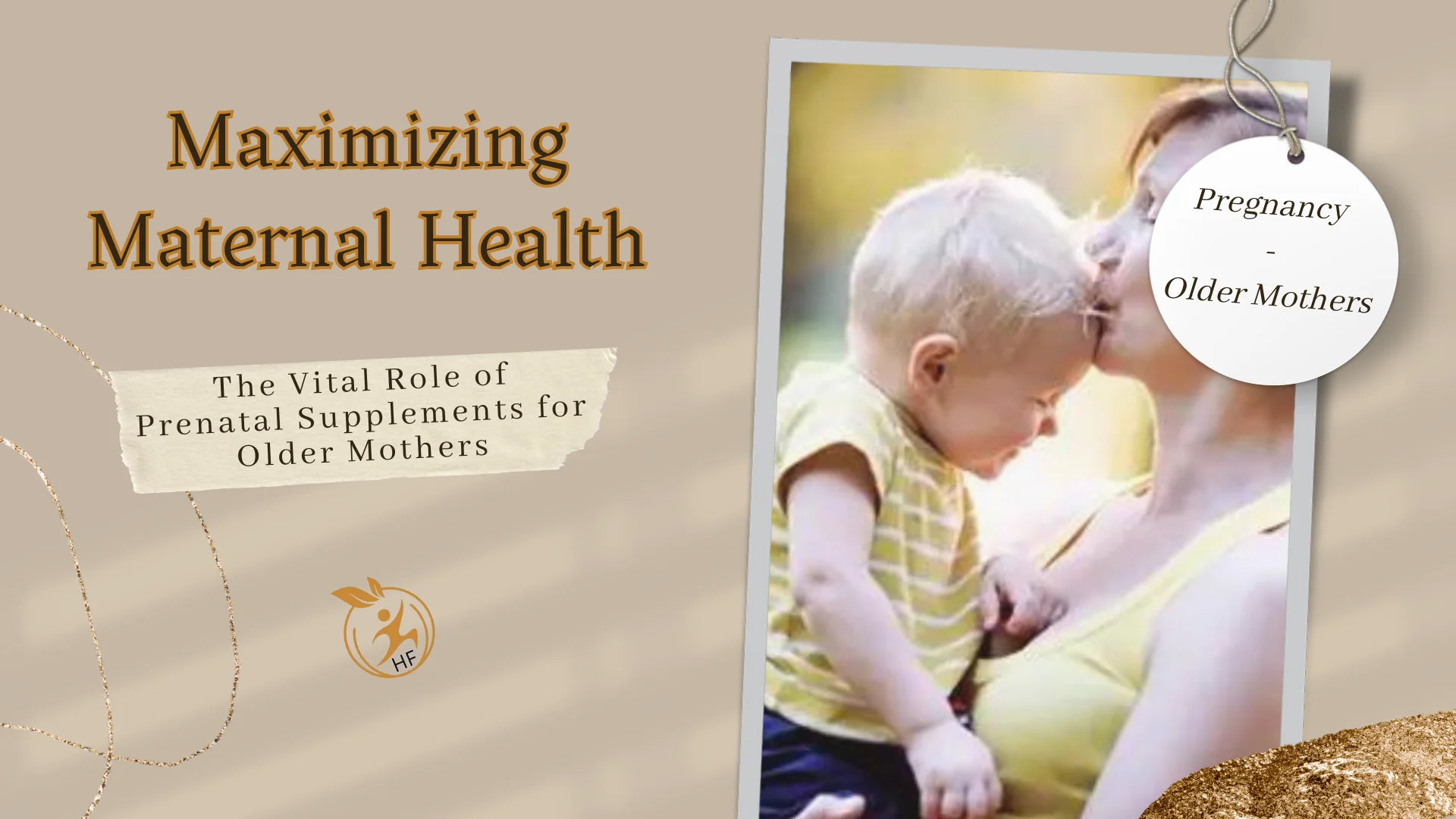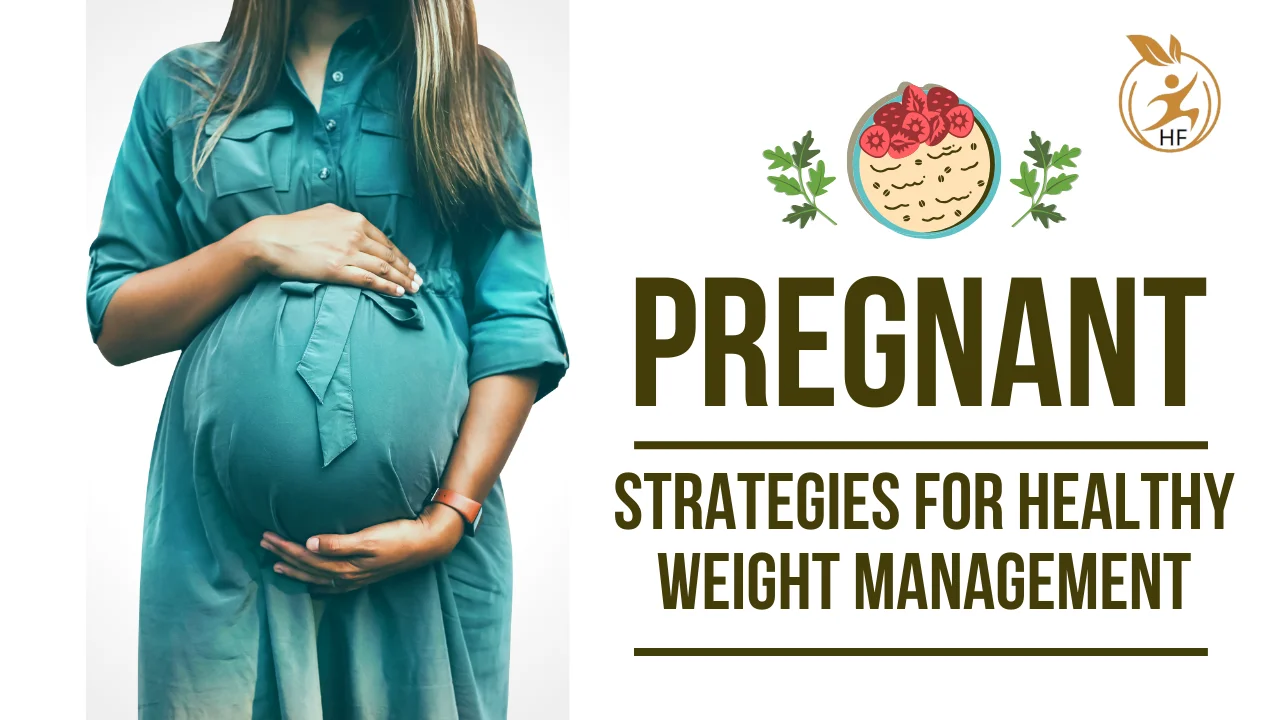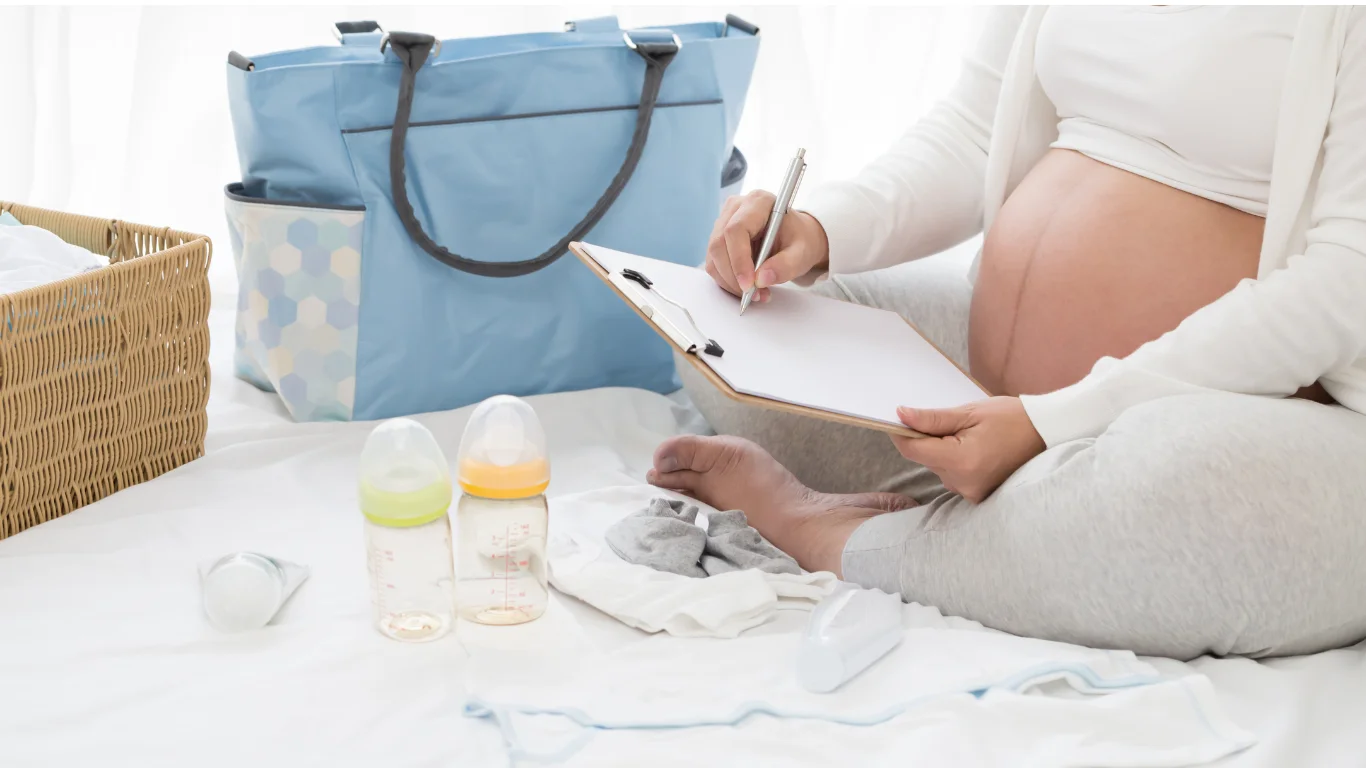In the intricate tapestry of pregnancy, the role of nutrition is paramount, especially for women experiencing pregnancy at an advanced age. Geriatric pregnancy, typically defined as pregnancy occurring at or after the age of 35, presents unique challenges and considerations, particularly regarding the intake of essential nutrients. In this comprehensive guide, we delve into the specific nutrients crucial for women undergoing geriatric pregnancy—folic acid, iron, calcium, vitamin D, omega-3 fatty acids, and more. Let’s explore why these nutrients are vital and how they contribute to the well-being of both mother and baby during this precious journey.
Understanding the Nutritional Needs of Geriatric Pregnancy:
As maternal age advances, so do the nutritional demands of pregnancy. Older mothers often face increased risks of certain complications such as gestational diabetes, hypertension, and preterm birth. Adequate intake of essential nutrients becomes even more crucial to mitigate these risks and support optimal maternal and fetal health.
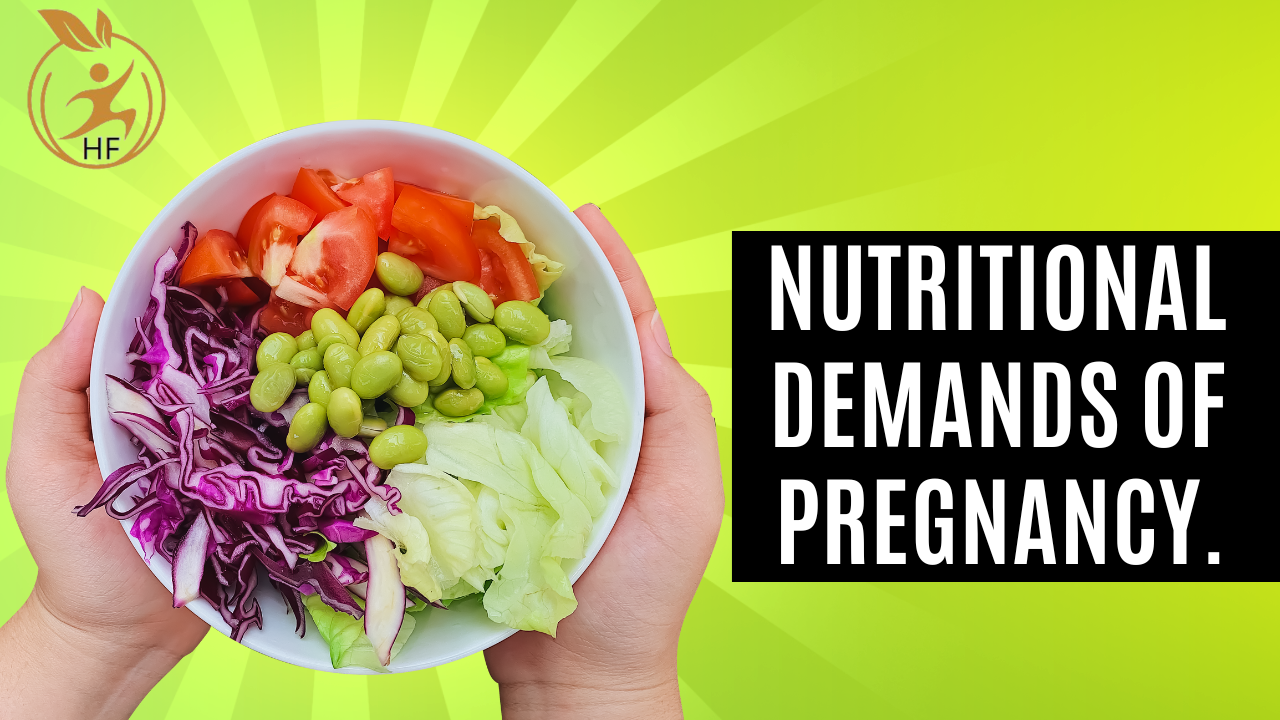
Folic Acid:
Folic acid, a B-vitamin crucial for fetal development, plays a pivotal role in preventing neural tube defects such as spina bifida. For older mothers, ensuring sufficient folic acid intake before conception and during the early stages of pregnancy is vital. Studies have shown that advanced maternal age is associated with a higher risk of neural tube defects, making folate supplementation essential.
Iron:
Anemia caused by iron deficiency is a major worry during pregnancy, and older women may be more vulnerable due to variables such as lower absorption and larger blood volume. Iron is necessary for the production of hemoglobin, which transports oxygen to the mother and baby. Adequate iron intake supports healthy fetal growth and development, as well as maternal well-being.
Calcium:
Calcium plays a crucial role in bone development and maintenance, both for the mother and the developing fetus. During pregnancy, the demand for calcium increases to support the baby’s skeletal growth. Older mothers may be at a higher risk of calcium deficiency due to age-related changes in bone density. Ensuring adequate calcium intake through diet or supplementation is essential for the health of both mother and baby.
Vitamin D:
Vitamin D is essential for calcium absorption and bone health. Adequate vitamin D levels during pregnancy are associated with a reduced risk of preeclampsia, gestational diabetes, and preterm birth. Older women may have lower baseline levels of vitamin D due to decreased sun exposure and age-related factors. Therefore, supplementation or consuming vitamin D-rich foods becomes crucial for maintaining optimal levels during geriatric pregnancy.
Omega-3 Fatty Acids:
Omega-3 fatty acids, particularly EPA and DHA, play a vital role in fetal brain and eye development. These essential fatty acids also contribute to maternal cardiovascular health and may help reduce the risk of preterm birth and postpartum depression. Incorporating sources of omega-3 fatty acids such as fatty fish, flaxseeds, and walnuts into the diet can benefit both mother and baby during geriatric pregnancy.
Other Essential Nutrients:
In addition to the aforementioned nutrients, geriatric mothers should ensure adequate intake of other essential nutrients such as protein, vitamin B12, zinc, and magnesium. Protein is necessary for the growth and repair of tissues, while vitamin B12 supports neurological function and red blood cell production. Zinc and magnesium play roles in immune function, muscle health, and fetal development.
In the journey of geriatric pregnancy, optimal nutrition serves as a cornerstone for maternal and fetal well-being. From folic acid to omega-3 fatty acids, each nutrient plays a vital role in supporting a healthy pregnancy for older mothers. By prioritizing nutrient-rich foods, supplementation when necessary, and regular prenatal care, women undergoing geriatric pregnancy can navigate this transformative experience with confidence and vitality. Remember, nourishing yourself means nourishing your baby, creating a foundation for a lifetime of health and happiness.
